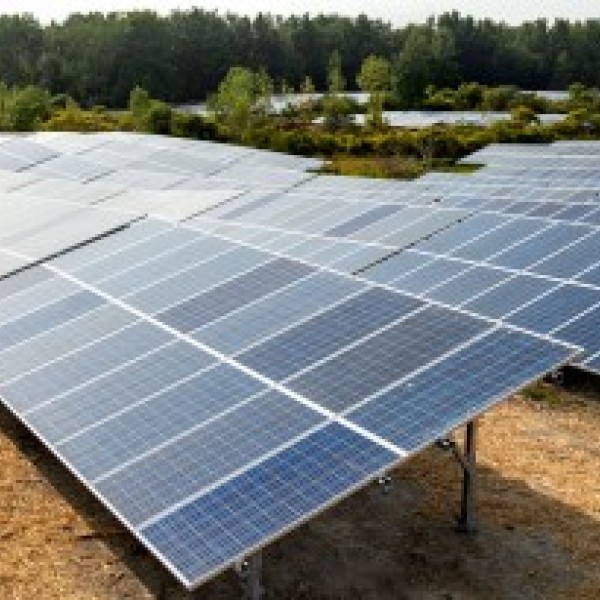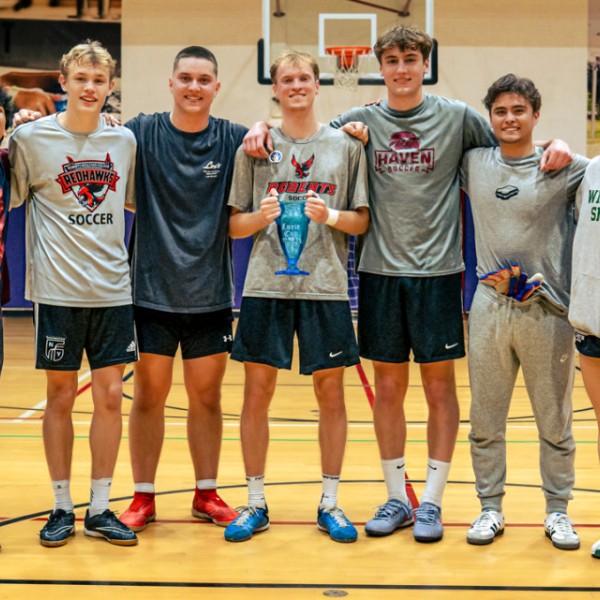As a young researcher working with plant breeders to develop improved wheat varieties for smallholder farmers, Hale Ann Tufan confronted a profound dilemma. It wasn’t an issue of gnarly plant genetics or unruly research fields — commonplace-enough issues for any scientist in advanced plant breeding. She faced a deeper, more fundamental issue that went to the core of her discipline and agricultural research for development as a whole.
During her formative training on fungal pathogens that threaten the global wheat supply, Tufan had been taught that crops are developed with a purpose: to grow faster and bigger, to withstand pests and pathogens, or to be best suited for a rapidly changing climate. But in these scientific conversations, the people who were actually growing the crops were only discussed in vague terms.
Even as she shifted from wheat to other crops, the conversations remained the same. It simply was not seen as the role of a biophysical scientist to consider the social heterogeneity of “farmers” they were breeding crop varieties for — yet, the people growing cassava in remote areas of Africa, for example, weren’t faceless, generic farmers.
Her experience with NextGen Cassava showed her that an optimal variety of cassava was not one size fits all. Rather, the large variety and diversity of stakeholders all had different priorities. Women especially had a key role in cassava production, processing, and marketing, yet their needs, voices and aspirations remained invisible to most cassava breeding programs.
At that moment Tufan discovered a fusion between her passion for women’s rights and plant breeding. That nexus led Tufan to a space where she could thrive as a feminist and a scientist, realizing that plant sciences and gender equality are inextricably linked, and her career trajectory shifted in a new direction.
“It was as if my two worlds collided, and I realized that I could pursue my personal and professional passions side by side,” she says.
Now a Research Professor in the Department of Global Development at Cornell’s College of Agriculture and Life Sciences (CALS), Tufan’s work is shifting how gender is analyzed within agricultural research, especially in Africa, Latin America and Asia.
“We can’t be satisfied with incremental steps in gender equality and social inclusion,” Tufan says. “Business as usual in agriculture and agricultural research perpetuates an imbalance of power and privilege. This imbalance largely favors men as farmers, consumers, entrepreneurs and researchers, which left unchecked can negatively impact women’s lives.”
In 2019, her research and advocacy helped earn her the World Food Prize’s Borlaug Field Award, and since then she has accelerated her studies into how agricultural innovations can contribute to gender equality.













